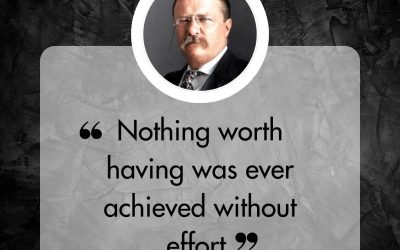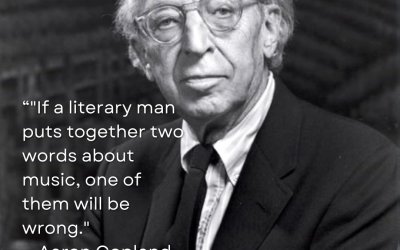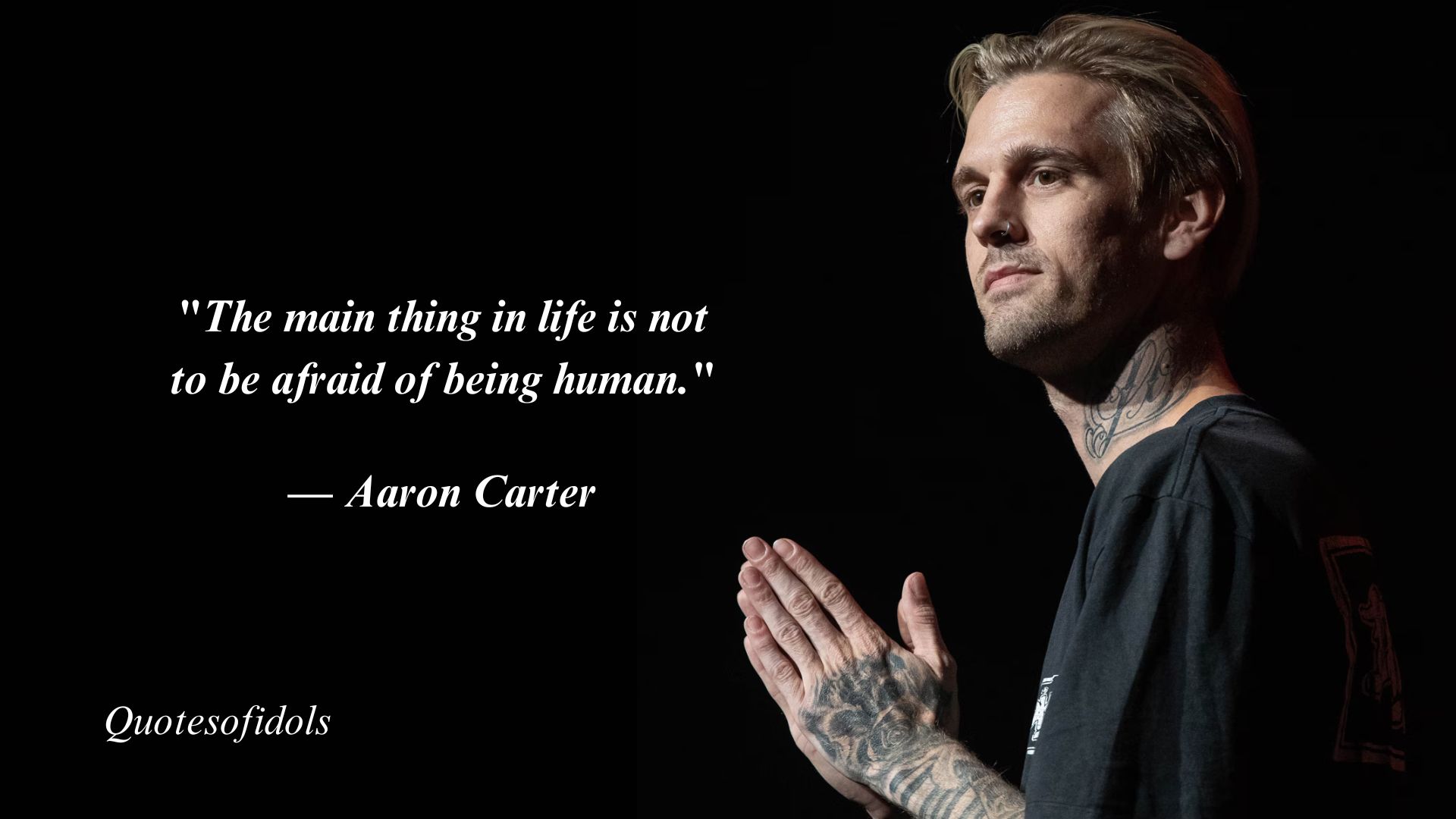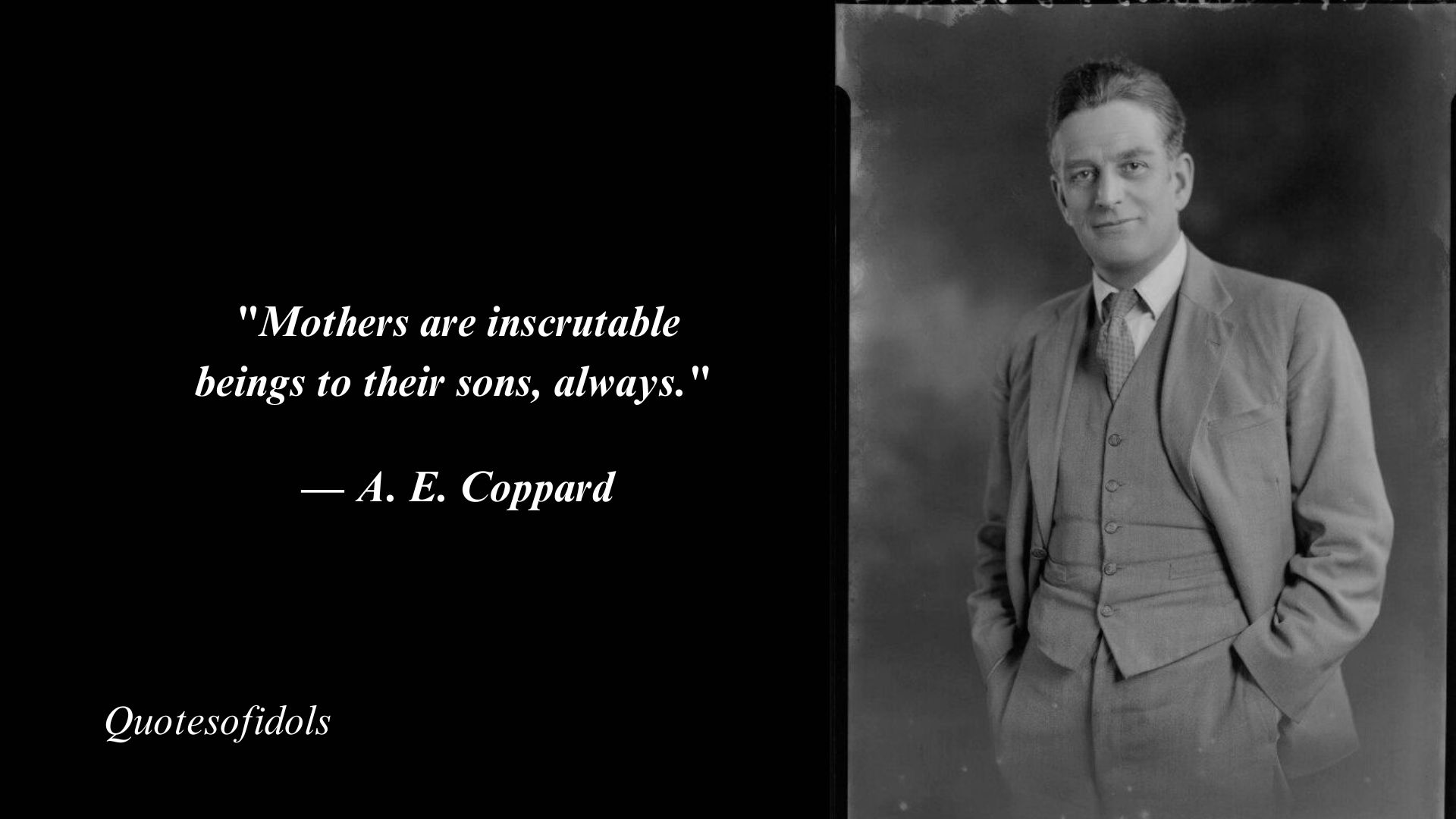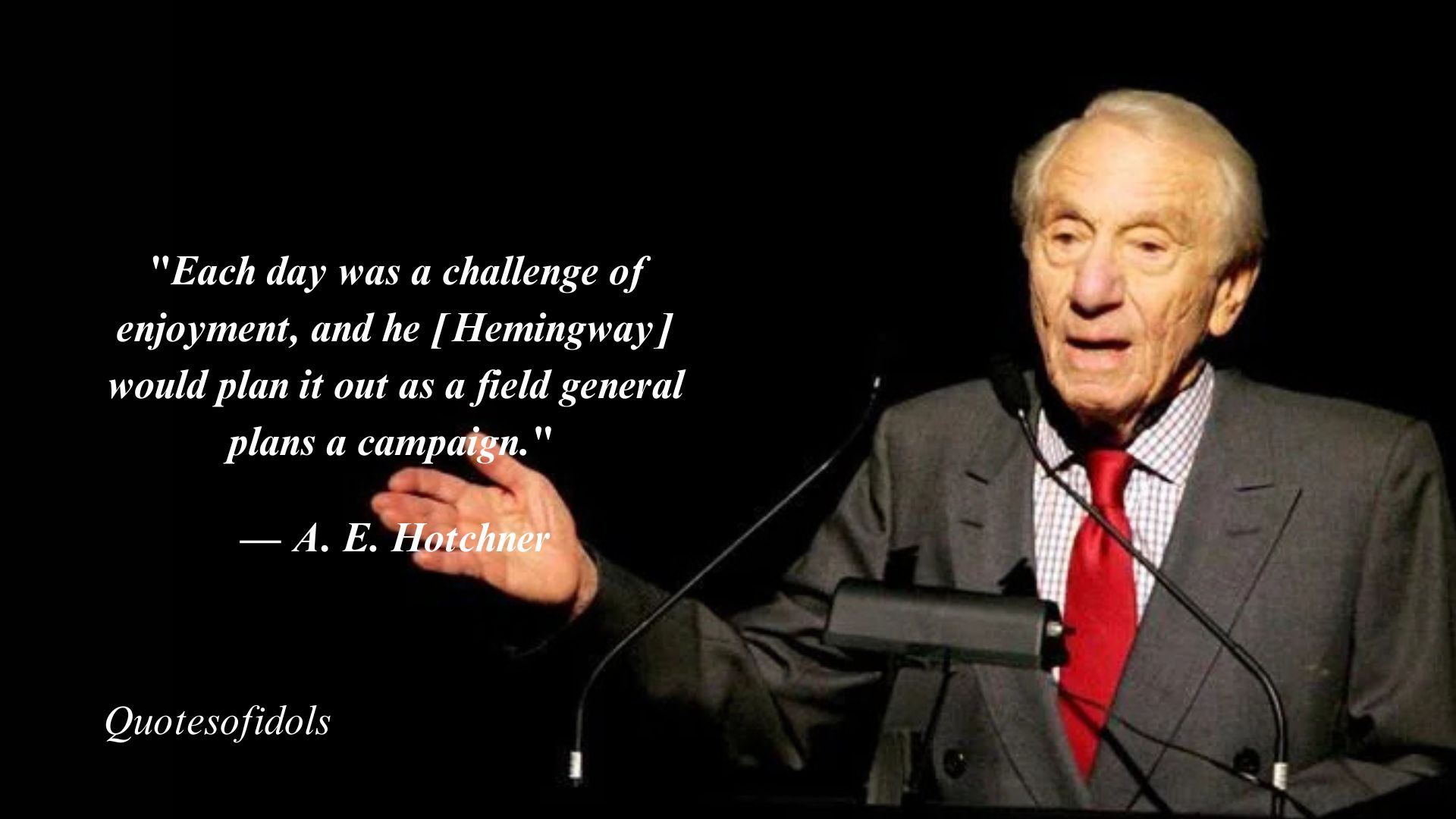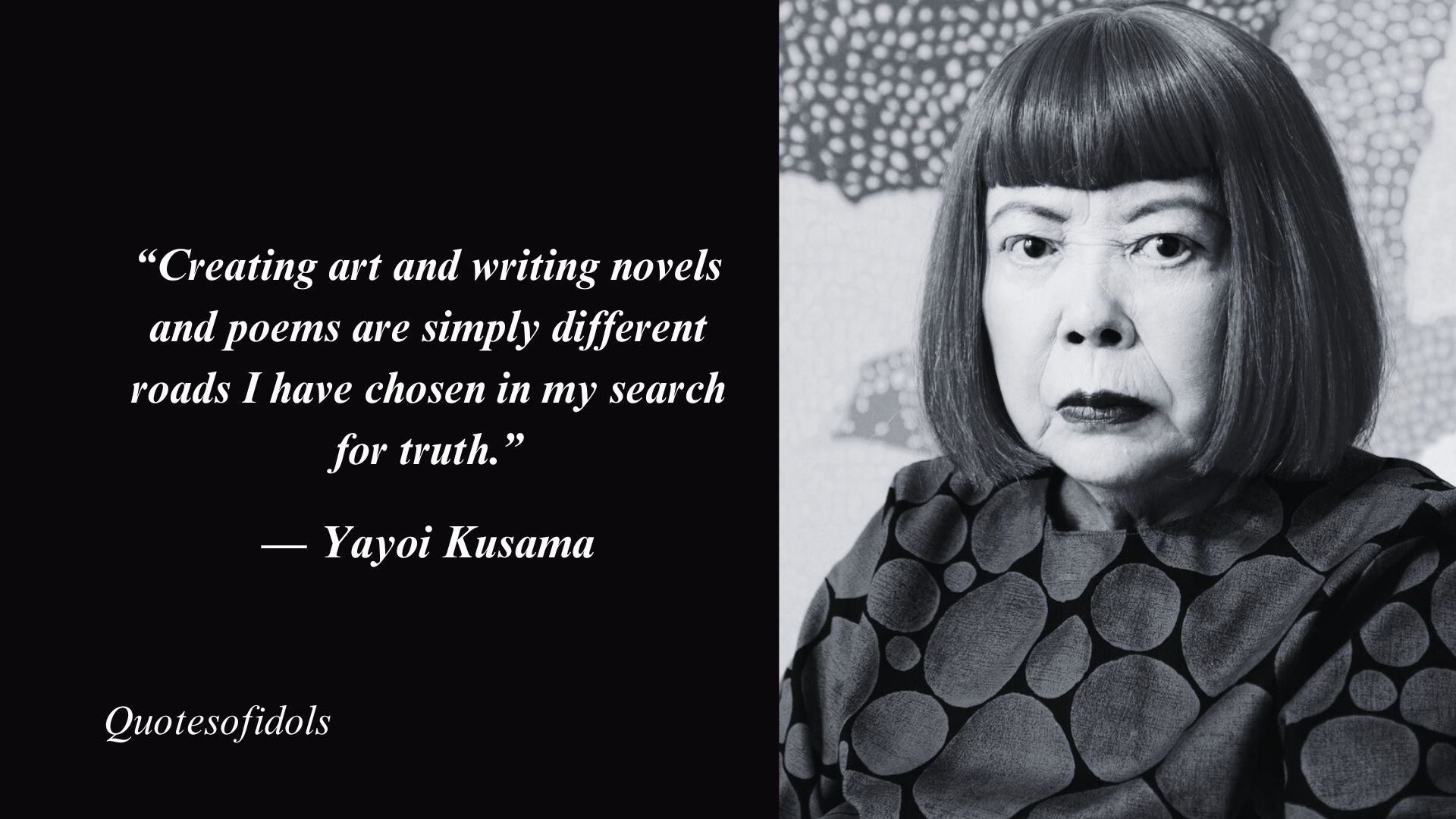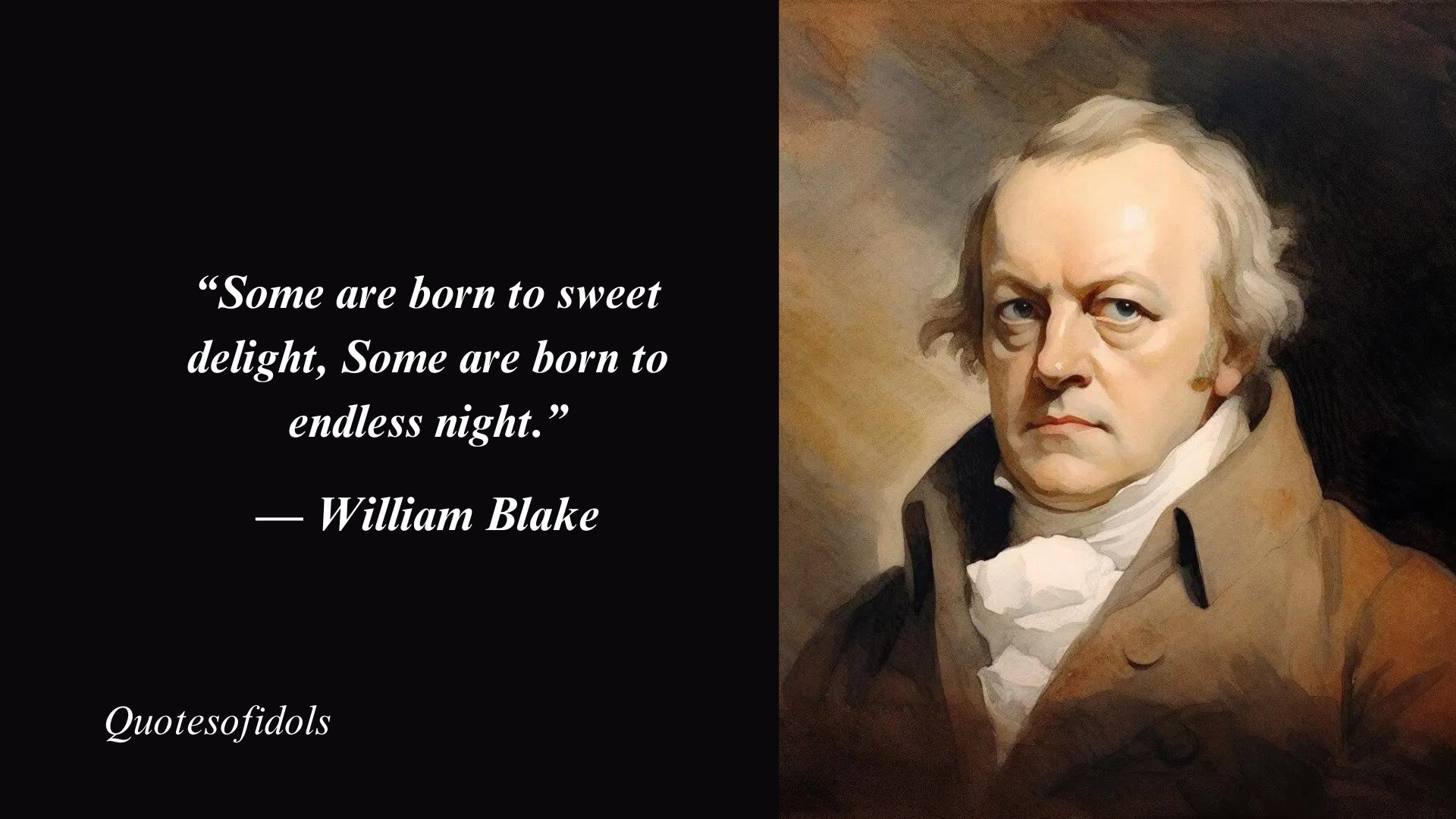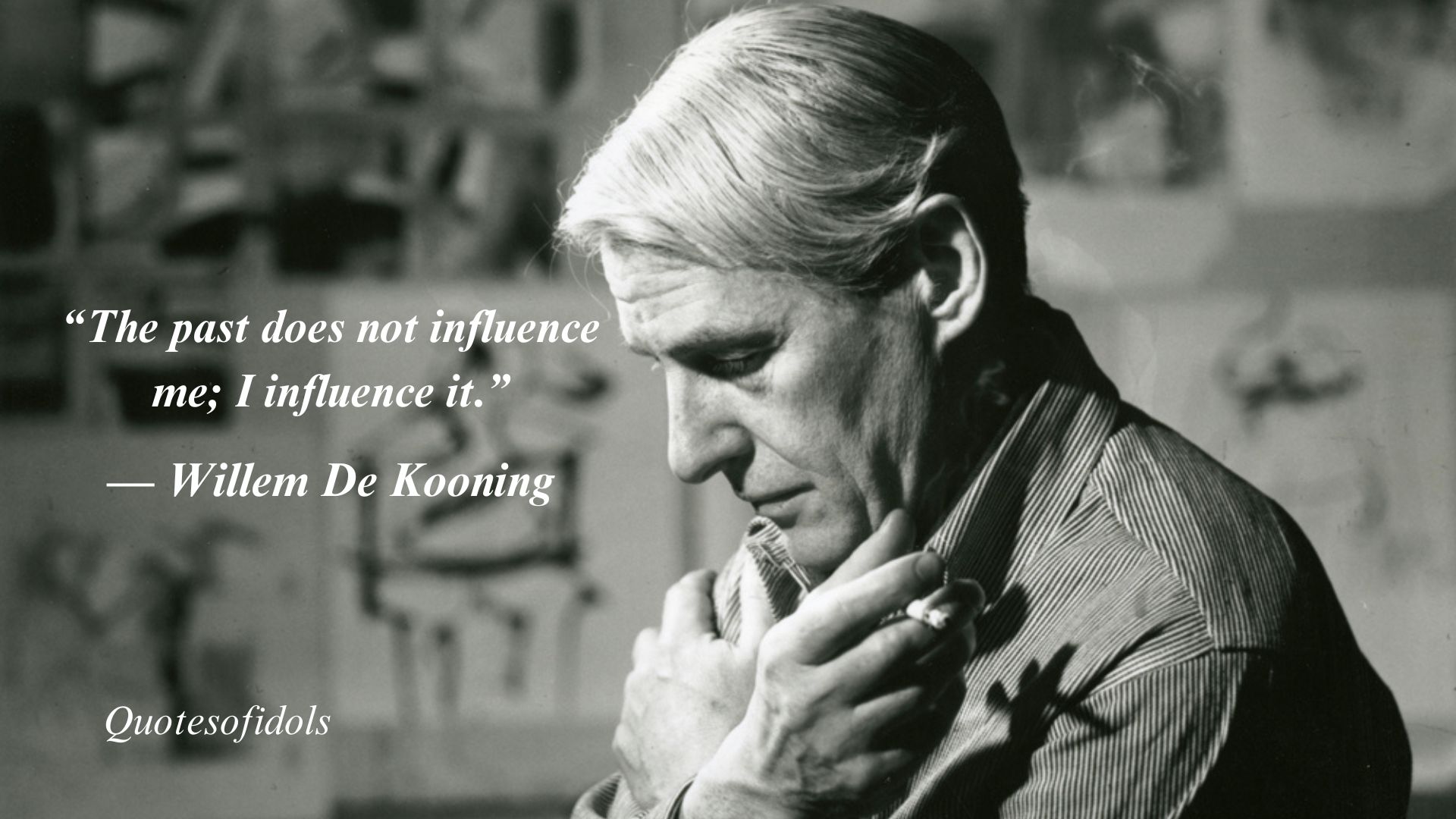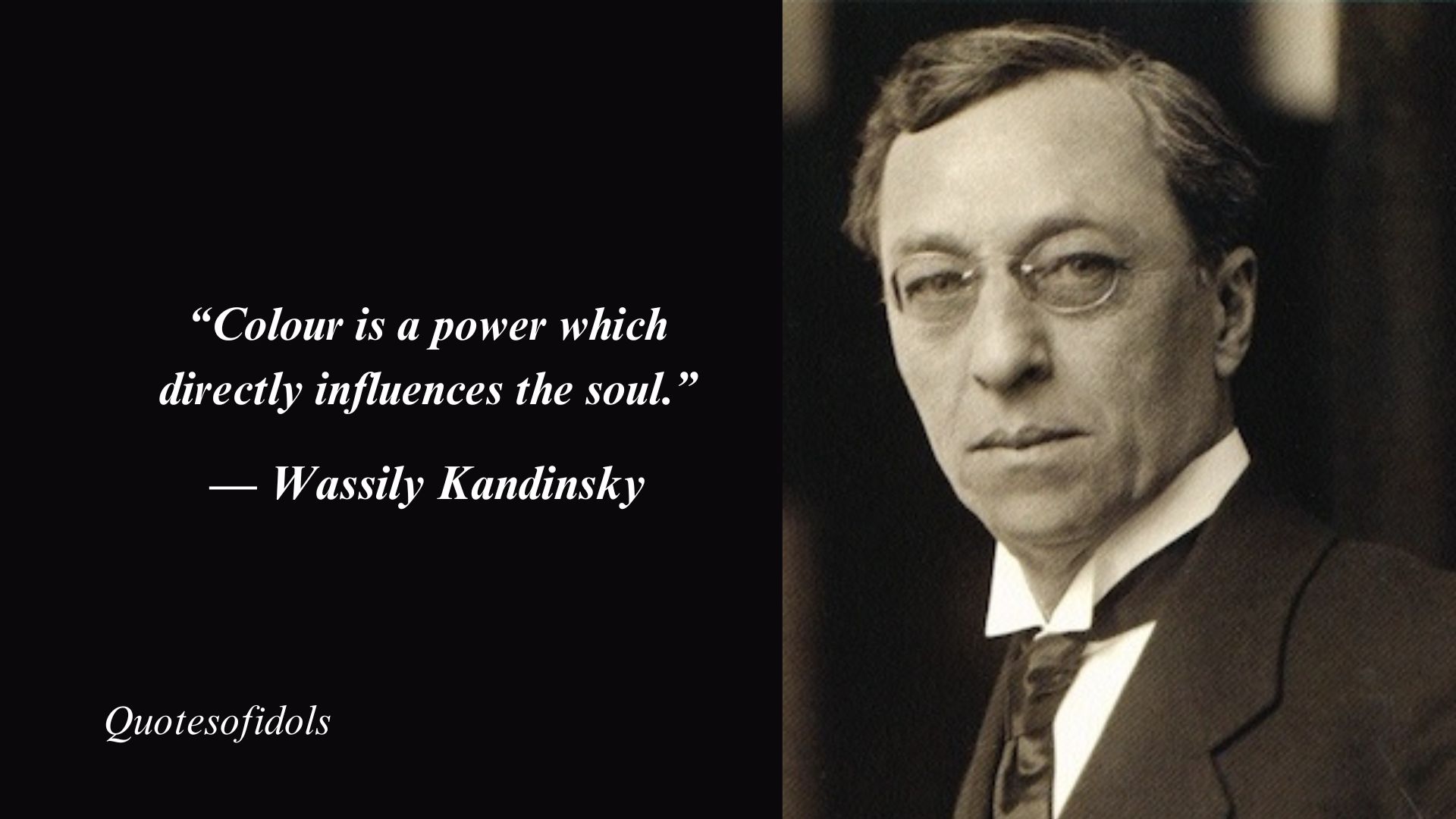Top 50 Most Famous Quotes By Edvard Munch
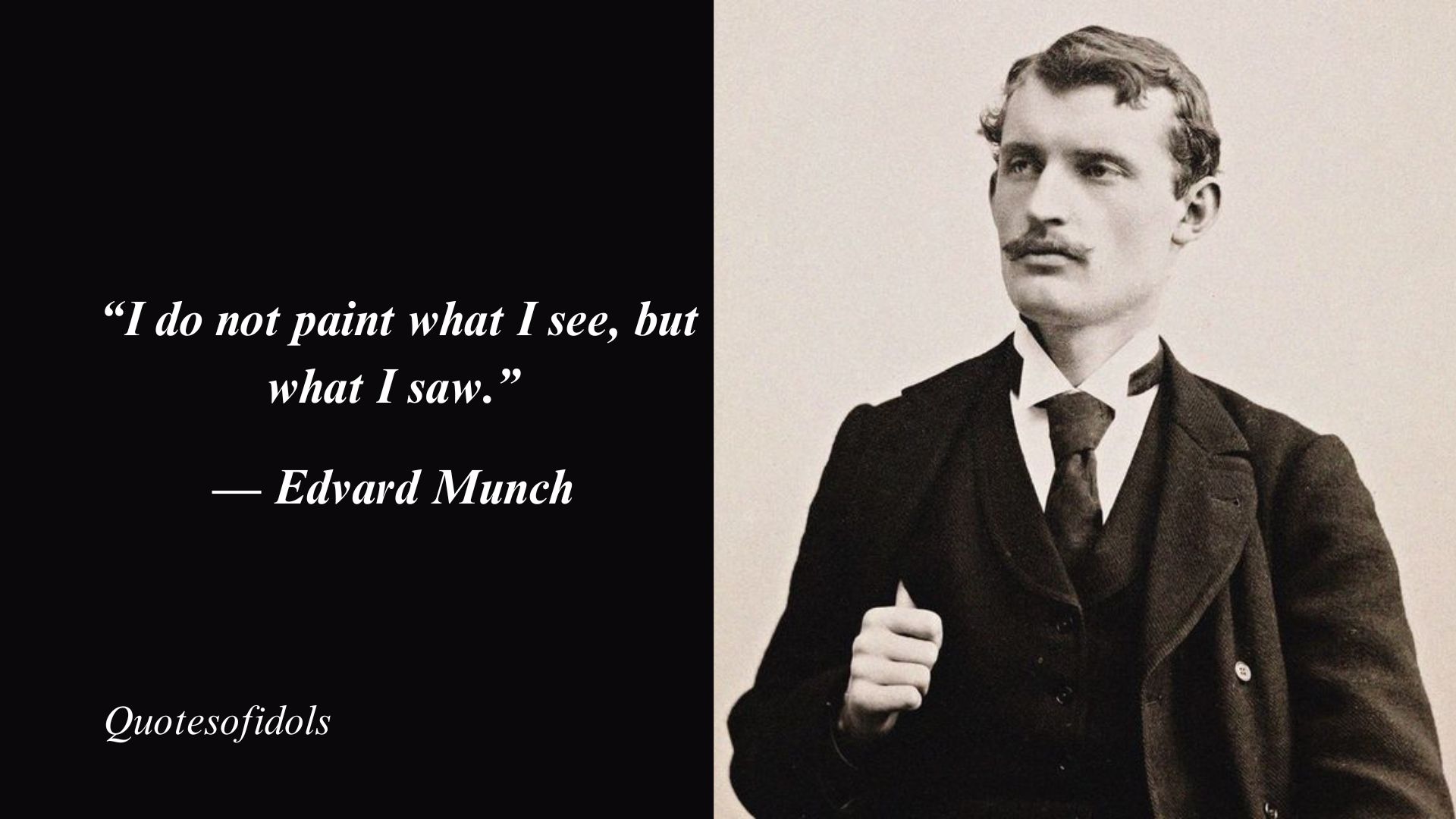
Edvard Munch, born in 1863 in Norway, was a pioneering figure in the development of modernist art. Best known for his iconic painting “The Scream,” Munch’s work delved into themes of anxiety, alienation, and mortality, often drawing from his own tumultuous life experiences. His emotionally charged paintings, prints, and drawings utilized bold colors, expressive brushwork, and symbolic imagery to evoke intense psychological states.
Munch’s exploration of the human psyche and the darker aspects of existence made him a precursor to Expressionism and a key figure in the Symbolist movement. His art resonated with audiences on a deeply personal level, capturing the existential angst of the modern age.
Despite struggling with mental health issues throughout his life, Munch remained committed to his artistic vision, continually pushing the boundaries of artistic expression. His influence extended far beyond his native Norway, inspiring generations of artists and cementing his legacy as one of the most important figures in modern art history.
Edvard Munch Quotes
1. “From my rotting body, flowers shall grow and I am in them, and that is eternity.”
— Edvard Munch
2. “All art, literature, and music must be born in your heart’s blood. Art is your heart’s blood.”
— Edvard Munch
3. “Disease, insanity, and death were the angels that attended my cradle, and since then have followed me throughout my life.”
— Edvard Munch
4. “What is art? Art grows from joy and sorrow, but mostly from sorrow. It grows from human lives.”
— Edvard Munch
5. “Just as Leonardo da Vinci studied human anatomy and dissected corpses, so I try to dissect souls.”
— Edvard Munch
6. “Without fear and illness, I could never have accomplished all I have.”
— Edvard Munch
7. “Colors live a remarkable life of their own after they have been applied to the canvas.”
— Edvard Munch
8. “There is a battle that goes on between men and women. Many people call it love.”
— Edvard Munch
9. “I do not paint what I see, but what I saw.”
— Edvard Munch
10. “My will exceeds my talents.”
— Edvard Munch
11. “And I would often wake up at night and stare widely into the room: Am I in Hell?”
— Edvard Munch
12. “My father was temperamentally nervous and obsessively religious – to the point of psychoneurosis. From him I inherited the seeds of madness. The angels of fear, sorrow, and death stood by my side since the day I was born.”
— Edvard Munch
13. “I felt as if there were invisible threads connecting us – I felt the invisible strands of her hair still winding around me – and thus as she disappeared completely beyond the sea – I still felt it, felt the pain where my heart was bleeding – because the threads could not be severed.”
— Edvard Munch
14. “Some colors reconcile themselves to one another, others just clash.”
— Edvard Munch
15. “Any number of holier-than-thou honorable realists walk around in the belief that they have accomplished something, simply because they tell you for the hundredth time that a field is green and a red-painted house is painted red.”
— Edvard Munch
16. “No longer shall I paint interiors with men reading and women knitting. I will paint living people who breathe and feel and suffer and love.”
— Edvard Munch
17. “The notes I have made are not a diary in the ordinary sense, but partly lengthy records of my spiritual experiences, and partly poems in prose.”
— Edvard Munch
18. “I don’t believe in an art that is not born out of man’s need to open his heart.”
— Edvard Munch
19. “In my art I have tried to explain to myself life and its meaning. I have also tried to help others to clarify their lives.”
— Edvard Munch
20. “Death is pitch-dark, but colors are light. To be a painter, one must work with rays of light.”
— Edvard Munch
21. “When I paint, I never think of selling. People simply fail to understand that we paint in order to experiment and to develop ourselves as we strive for greater heights.”
— Edvard Munch
22. “A work of art can only come from the interior of man. Art is the form of the image formed upon the nerves, heart, brain and eye of man.”
— Edvard Munch
23. “I have no fear of photography as long as it cannot be used in heaven and in hell.”
— Edvard Munch
24. “The camera will never compete with the brush and palette until such time as photography can be taken to Heaven or Hell.”
— Edvard Munch
25. “Without anxiety and illness I should have been like a ship without a rudder.”
— Edvard Munch
26. “I was walking along a path with two friends – the sun was setting – suddenly the sky turned blood red – I paused, feeling exhausted, and leaned on the fence – there was blood and tongues of fire above the blue-black fjord and the city – my friends walked on, and I stood there trembling with anxiety – and I sensed an infinite scream passing through nature.”
— Edvard Munch
27. “To die is as if one’s eyes had been put out and one cannot see anything any more. Perhaps it is like being shut in a cellar. One is abandoned by all. They have slammed the door and are gone. One does not see anything and notices only the damp smell of putrefaction.”
— Edvard Munch
28. “I painted the picture, and in the colors the rhythm of the music quivers. I painted the colors I saw.”
— Edvard Munch
29. “A work of art comes only from inside a human being.”
— Edvard Munch
30. “For as long as I can remember I have suffered from a deep feeling of anxiety which I have tried to express in my art.”
— Edvard Munch
31. “Your face encompasses the beauty of the whole earth. Your lips, as red as ripening fruit, gently part as if in pain. It is the smile of a corpse. Now the hand of death touches life. The chain is forged that links the thousand families that are dead to the thousand generations to come.”
— Edvard Munch
32. “A person himself believes that all the other portraits are good likenesses except the one of himself.”
— Edvard Munch
33. “The way one sees is also dependent upon one’s emotional state of mind. This is why a motif can be looked at in so many ways, and this is what makes art so interesting.”
— Edvard Munch
34. “In common with Michelangelo and Rembrandt I am more interested in the line, its rise and fall, than in color.”
— Edvard Munch
35. “The viewers must come to understand the sacredness of painting, so they will remove their hats as if they were in church.”
— Edvard Munch
36. “At different moments you see with different eyes. You see differently in the morning than you do in the evening. In addition, how you see is also dependent on your emotional state. Because of this, a motif can be seen in many different ways, and this is what makes art interesting.”
— Edvard Munch
37. “It is better to have a good painting with ten holes than ten bad paintings without any holes.”
— Edvard Munch
38. “Photography is an art which touches and grips one’s own heart’s blood.”
— Edvard Munch
39. “Painting picture by picture, I followed the impressions my eye took in at heightened moments. I painted only memories, adding nothing, no details that I did not see. Hence the simplicity of the paintings, their emptiness.”
— Edvard Munch
40. “The rich man who gives, steals twice over. First he steals the money and then the hearts of men.”
— Edvard Munch
41. “By painting colors and lines and forms seen in quickened mood I was seeking to make this mood vibrate as a phonograph does. This was the origin of the paintings in The Frieze of Life.”
— Edvard Munch
42. “I learned early about the misery and dangers of life, and about the afterlife, about the external punishment which awaited the children of sin in Hell.”
— Edvard Munch
43. “In my childhood I always felt that I was treated unjustly, without a mother, sick, and with the threat of punishment in Hell hanging over my head.”
— Edvard Munch
44. “When I paint a person, his enemies always find the portrait a good likeness.”
— Edvard Munch
45. “Oil-painting is a developed technique. Why go backwards?”
— Edvard Munch
46. “Anybody who perceives colors can become a painter. It’s simply a question of whether or not one has felt anything and whether one has the courage to recount the things one has felt.”
— Edvard Munch
47. “Youth must go ahead and prosper. These young painters are all very talented people, but they all paint frescoes.”
— Edvard Munch
48. “I build a kind of wall between myself and t he model so that I can paint in peace behind it. Otherwise, she might say something that confuses and distracts me.”
— Edvard Munch
49. “One can easily tell that the creator of the paintings in the Sistine Chapel was above all a sculptor.”
— Edvard Munch
50. “The Academies of Art are nothing but great painting factories – those with talent are fed in at one end, and they come out as mechanical painting machines.”
— Edvard Munch
51. “It was always my intention that The Frieze should be housed in a room which would provide a suitable architectural frame for it.”
— Edvard Munch
52. “I find it difficult to imagine an afterlife, such as Christians, or at any rate many religious people, conceive it, believing that the conversations with relatives and friends interrupted here on earth will be continued in the hereafter.”
— Edvard Munch
53. “I have been given a unique role to play on this earth: given to me by a life filled with sickness, ill-starred circumstances and my profession as an artist. It is a life that contains nothing that resembles happiness, and moreover does not even desire happiness.”
— Edvard Munch
54. “This kind of painting with its large frames is a bourgeois drawing-room art. It is an art dealer’s art-and that came in after the civil wars following the French Revolution.”
— Edvard Munch
55. “The sea – it is as incomprehensible as existence – it is incomprehensible as death – as eternal as longing.”
— Edvard Munch
56. “I should have considered it wrong to have finished the Frieze before the room for its accommodation and the funds for its completion were available.”
— Edvard Munch
